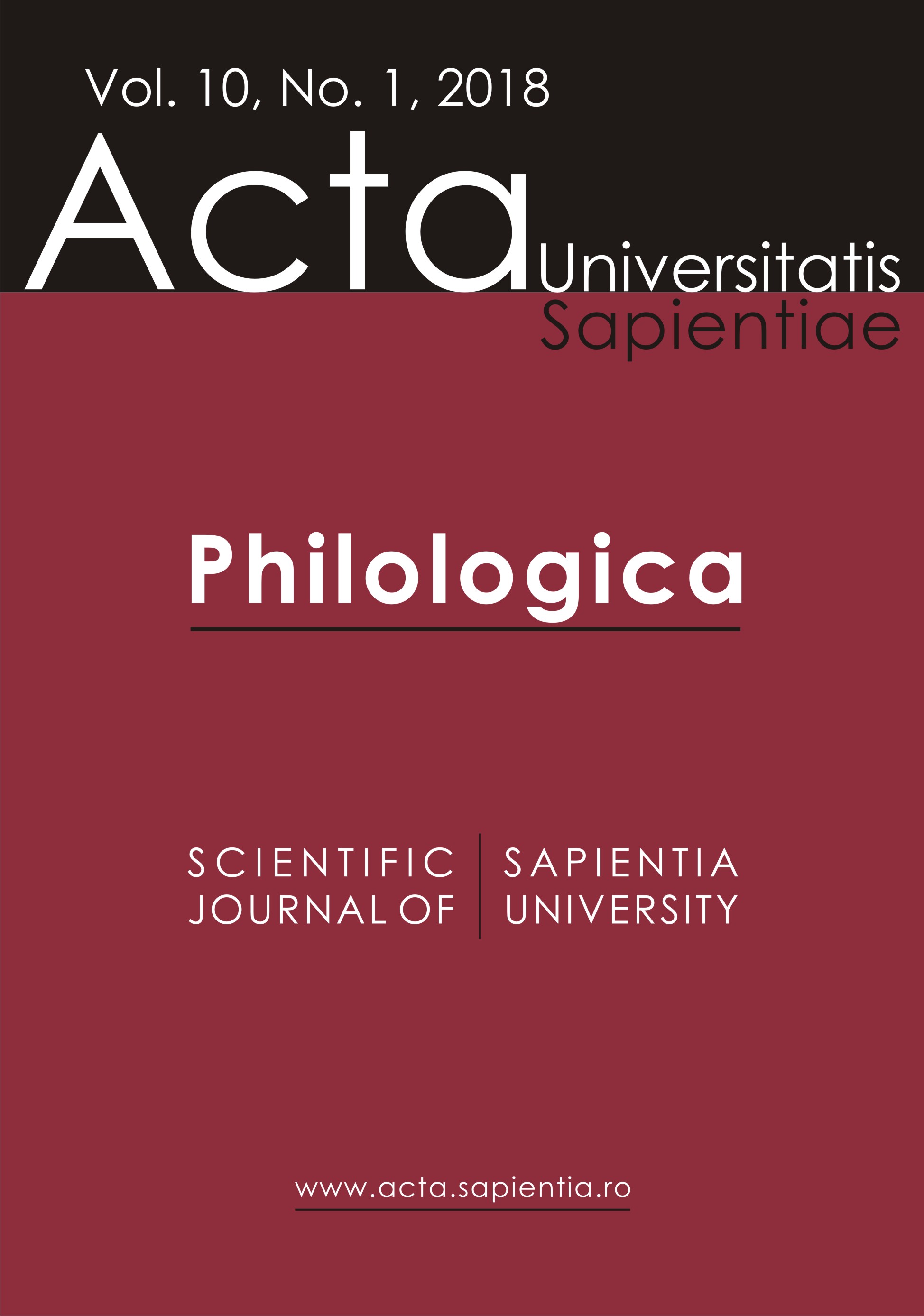Dracula – Hybridity and Metafiction
Dracula – Hybridity and Metafiction
Author(s): Anca Andriescu GarciaSubject(s): Language and Literature Studies, Studies of Literature, Theory of Literature
Published by: Scientia Kiadó
Keywords: metafiction; historical writing; hybridity; plurivalence;
Summary/Abstract: Due to his supernatural nature, but also to his place of origin, Bram Stoker’s well-known character, Dracula, is the embodiment of Otherness. He is an image of an alterity that refuses a clear definition and a strict geographical or ontological placement and thus becomes terrifying. This refusal has determined critics from across the spectrum to place the novel in various categories from a psychoanalytical novel to a Gothic one, from a class novel to a postcolonial one, yet the discussion is far from being over. My article aims to examine this multitude of interpretations and investigate their possible convergence. It will also explore the ambivalence or even plurivalence of the character who is situated between the limit of life and death, myth and reality, historical character and demon, stereotype and fear of Otherness and attraction to the intriguing stranger, colonized and colonizer, sensationalism and palpable fin-de-siècle desperation, victim and victimizer, host and parasite, etc. In addition, it will investigate the mythical perspective that results from the confrontation between good and evil, which can be interpreted not only in the postcolonial terms mentioned above, but also in terms of the metatextual narrative technique, which converts into a meditation on how history and myth interact. Finally, it will demonstrate that, instead of being a representation of history, Bram Stoker’s novel represents a masterpiece of intergeneric hybridity that combines, among others, elements of history, myth, folktale and historical novel.
Journal: Acta Universitatis Sapientiae, Philologica
- Issue Year: 10/2018
- Issue No: 1
- Page Range: 53-74
- Page Count: 22
- Language: English

